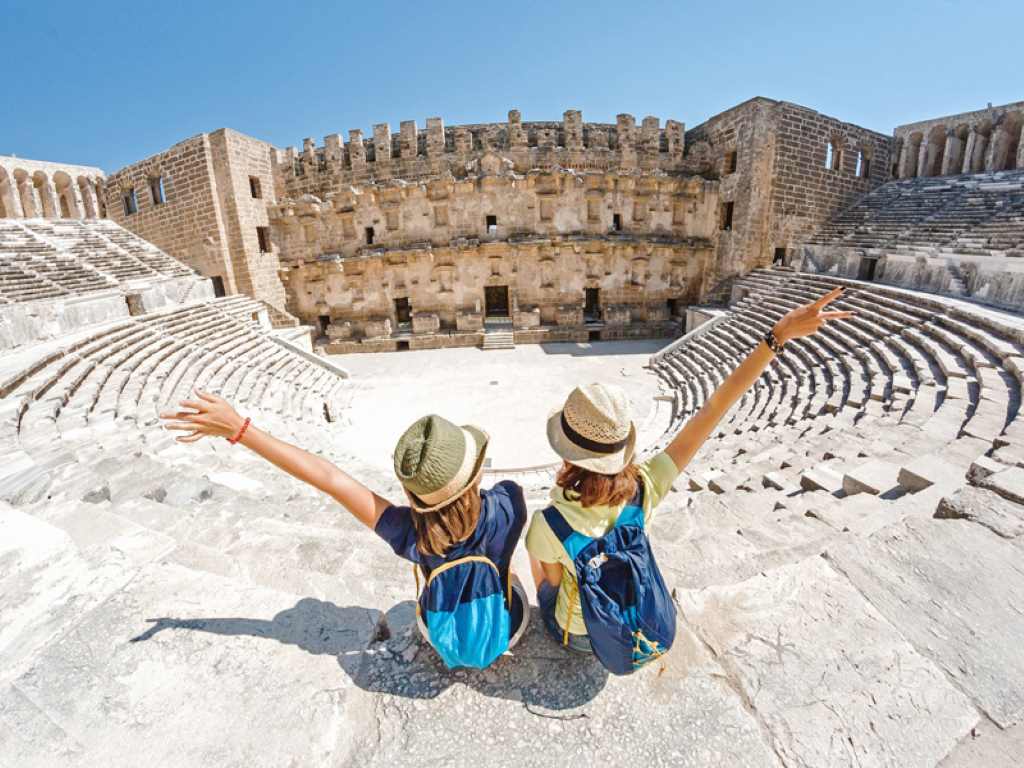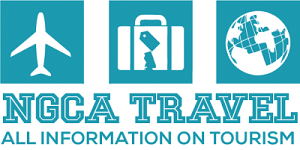
Educational travel tours have evolved far beyond simple sightseeing trips. They now represent a powerful method of experiential learning, providing immersive encounters with diverse cultures, histories, and environments. These tours cater to lifelong learners of all ages and backgrounds, offering unique opportunities to deepen knowledge, broaden perspectives, and forge lasting memories.
Why Educational Travel Tours Matter
- Experiential Learning in Action: Unlike passive learning in a classroom, educational tours engage all senses. Travelers actively participate in workshops, lectures, and hands-on activities, transforming abstract concepts into tangible experiences. Discover How to Visit on Getting Out?
- Cultural Immersion: Immersing oneself in a new culture fosters cross-cultural understanding and empathy. Travelers gain firsthand insights into local customs, traditions, and ways of life, challenging stereotypes and promoting global citizenship.
- Personal Growth: Educational tours often push travelers outside their comfort zones. Navigating unfamiliar environments, interacting with diverse people, and adapting to new situations can boost self-confidence, resilience, and problem-solving skills.
- Enhanced Knowledge Retention: Studies have shown that experiential learning leads to better information retention. Combining academic knowledge with real-world experiences creates lasting memories and deeper understanding.
- Networking and Social Connections: Educational tours provide opportunities to connect with like-minded individuals from various backgrounds. These connections can lead to lifelong friendships, professional collaborations, and expanded networks.

Types of Educational Travel Tours
- History and Archaeology Tours: Explore ancient ruins, historical sites, and museums. These tours delve into the past, offering insights into civilizations, cultures, and significant events that shaped the world.
- Science and Nature Tours: Witness the wonders of the natural world. Observe wildlife in their habitats, study ecosystems, and learn about environmental conservation efforts.
- Art and Culture Tours: Immerse yourself in the arts. Visit renowned galleries and museums, attend performances, and participate in workshops led by local artists.
- Language and Immersion Tours: Enhance language skills while experiencing a new culture. Live with local families, attend language classes, and practice communication in everyday situations.
- Volunteer and Service Tours: Contribute to local communities. Participate in projects focused on education, healthcare, environmental conservation, or social development.
Choosing the Right Educational Tour
- Define Your Interests: What are you passionate about? Whether it’s history, science, art, or language, choose a tour that aligns with your interests and learning goals.
- Consider Your Budget: Educational tours vary in cost. Determine your budget and explore options that offer value for your investment.
- Research Tour Operators: Look for reputable tour operators with a track record of providing high-quality educational experiences. Read reviews and testimonials from past travelers.
- Read the Itinerary: Carefully review the itinerary to ensure it matches your expectations. Pay attention to the balance between structured activities and free time for exploration.
- Ask Questions: Don’t hesitate to contact the tour operator with any questions or concerns. Inquire about accommodations, meals, transportation, and included activities.
Making the Most of Your Educational Travel Experience
- Prepare in Advance: Research your destination’s history, culture, and current events. This will help you engage more deeply with the experiences and conversations.
- Pack Light: Bring only essential items. You’ll likely be on the move, and less luggage will make transportation easier.
- Be Open-Minded: Embrace the unexpected. Be willing to try new foods, participate in unfamiliar customs, and challenge your preconceived notions.
- Interact with Locals: Engage in conversations with local people. They can offer unique insights into their culture and way of life.
- Take Notes and Photos: Document your experiences. Keeping a journal or taking photos will help you preserve memories and reflect on your learning journey.
Educational travel tours offer a transformative experience that goes beyond traditional tourism. By stepping outside your comfort zone and embracing new experiences, you can expand your knowledge, broaden your horizons, and create lifelong memories.
